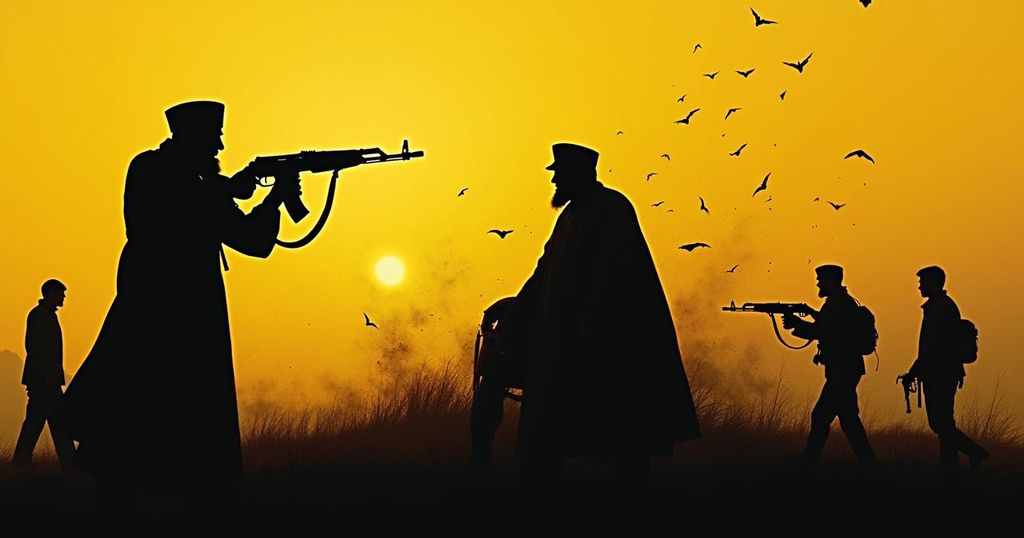Hassan Nasrallah, the leader of Hezbollah, was killed in an Israeli airstrike in Beirut. At 64, he was a transformative figure for the militant group, known for his strategic prowess against Israel. His death occurs amidst escalating tensions between Hezbollah and Israel, exacerbated by the ongoing conflict in Gaza.
Hassan Nasrallah, the long-serving leader of Hezbollah, has been confirmed dead following an Israeli airstrike that targeted the southern suburb of Beirut, a stronghold of the militant group. At 64 years of age, Nasrallah had significantly transformed Hezbollah into a formidable paramilitary and political force since assuming leadership in 1992 after the assassination of his predecessor by Israeli forces. The airstrike resulted in substantial destruction, collapsing several multi-story buildings in the area. In an official statement, Hezbollah announced, “His eminence Sayyed Hassan Nasrallah, Hezbollah’s secretary-general had joined his fellow great martyrs whom he had led for 30 years from one victory to another,” indicating that he had fallen as a martyr in his struggle against Israel. Nasrallah’s death occurs amidst escalating tensions and violence between Hezbollah and Israel, now exacerbated by the ongoing conflict in Gaza. The current situation has seen increased rocket attacks from Hezbollah into northern Israel, along with Israeli airstrikes that have resulted in significant fatalities in Lebanon, including the deaths of civilians. This recent escalation is being viewed as the deadliest episode in Lebanon since the conflicts of 2006. Hassan Nasrallah is revered by his supporters as a charismatic leader and a skilled strategist. Under his guidance, Hezbollah engaged in a 34-day war with Israel in 2006, managing to sustain a direct opposition to Israel’s military might, while also deeply involving the group in adjacent conflicts, including the Syrian civil war in support of President Bashar Assad. Despite criticisms regarding his methods, his legacy is marked by both military and political achievements. Throughout his tenure, Nasrallah maintained a low profile, conducting speeches via satellite due to the constant threat of assassination by Israeli forces. His leadership style and rhetoric achieved a notable resonance within the Shiite population of Lebanon and broader Arab and Islamic communities, particularly as he articulated a staunch anti-Israel sentiment.
Hassan Nasrallah emerged as a pivotal figure in Lebanese politics and warfare after being appointed as the secretary-general of Hezbollah in 1992. He inherited the leadership in a tumultuous period, as Hezbollah sought to oppose Israeli military actions in Lebanon, one of the reasons for its formation in the first place. Nasrallah rose to prominence during the 2006 Lebanon War, where he was credited with leading the group in a perceived victory against Israel. Furthermore, he played a significant role in the Syrian Civil War, solidifying Hezbollah’s position as a key military player in the region, which in turn shaped his standing among various factions both within Lebanon and abroad.
The assassination of Hassan Nasrallah marks a significant turning point in Middle Eastern politics and Hezbollah’s trajectory. His leadership profoundly influenced both the military and political landscape, establishing Hezbollah as a critical player in the Iranian-led Axis of Resistance against Israel. The ongoing conflict and Nasrallah’s death may lead to unpredictable repercussions across the region, particularly concerning the fragile dynamics between Israel, Hezbollah, and other militant groups in Lebanon and Palestine.
Original Source: apnews.com






